Part 2 of 2 Parts (Please read Part 1 first)
Countries in the Global South which have no nuclear arsenals usually seek favorable voting and veto rules in negotiations. They can enhance their influence in negotiations occurring within formal multilateral organizations where each state has one vote and decisions are made either with majority-based rules or unanimously. These countries can also increase their influence by chairing debates. Serving as chairs of meetings helps Global South NNWS set the agenda, organize the meetings, and spearhead and distribute position papers if they can avoid a perception of bias toward their own preferences. These states can also take advantage of outside options. The existence of credible alternative forums where these topics can be debated can increase the influence of Global South NNWS. If thwarted, these countries can threaten to take a debate to more favorable venues.
Non-nuclear weapon states in the Global South positions can benefit when they can set the agenda of lawmaking negotiations. Less powerful actors such as the NNWS tend to use the definition of the issues, priorities, and order at the bargaining table to identify shared positions with high mutual gains and promote balanced agendas. These countries are also more influential if they build coalitions with each other. Global South NNWS increase their capacity to influence debates when they bargain collectively and with shared understanding of problems. This is especially the case when majority-based or unanimity decision-making rules apply. Another useful tactic that has benefited these countries is leveraging their networks. Less powerful actors can leverage their connections in different networks to increase their influence in negotiations. Such networks include diplomatic, commercial, and military networks. Their capacity to leverage their networks’ networks may be limited when compared to great powers, but it could assist them as a complement to their coalition-building efforts. In the past, these countries have been more successful when they link issues together during debates. Global South NNWS can support their interests by incorporating enough issues in the negotiations that could help them gain concessions from more powerful states. This strategy can help less powerful countries provide incentives for NWS to cooperate on issues that they might otherwise have little interest in.
Issue-linkage sometimes diminish the abilities of weaker actors to influence nuclear lawmaking negotiations. To compensate for this, less powerful actors can engage in issue-bracketing, postponing a discussion to a different negotiation, or deliberately putting a controversial topic aside for consideration in a separate venue. This tactic helps to strengthen coalitions by discouraging actors invested in a particular issue from bringing it back into the negotiation. Issue bracketing convinces actors that their preferences will eventually be addressed. This reduces the burdens of conceding an issue in the current discussions.
Some Global South NNWS who are disappointed with the rate of disarmament by NWS have engaged in subversive revisionism. They have created alternative projects to question the global nuclear order and the hierarchy embedded in it. These countries are resisting asymmetries in the global nuclear order. However, they are also actively undermining the discursive foundations of the hierarchies it institutionalizes.
Conventional accounts of the origins and development of the global nuclear order have two lacunae when it comes to the Global South NNWS. These interpretations usually focus on the preferences and actions of the U.S. as the dominant global power and tend to overlook how the U.S. and other actors order global nuclear politics. Mainstream studies that explore the nuclear actions of Global South NNWS focus on why these countries adhere, comply, or challenge the global nuclear order, and downplay or ignore their ordering actions, nuclear governance initiatives, and negotiating strategies. This post presents an overview of the strategies that Global South NNWS that support nonproliferation have used during the negotiation of nuclear arms control, nonproliferation, and disarmament treaties.
Blog
-
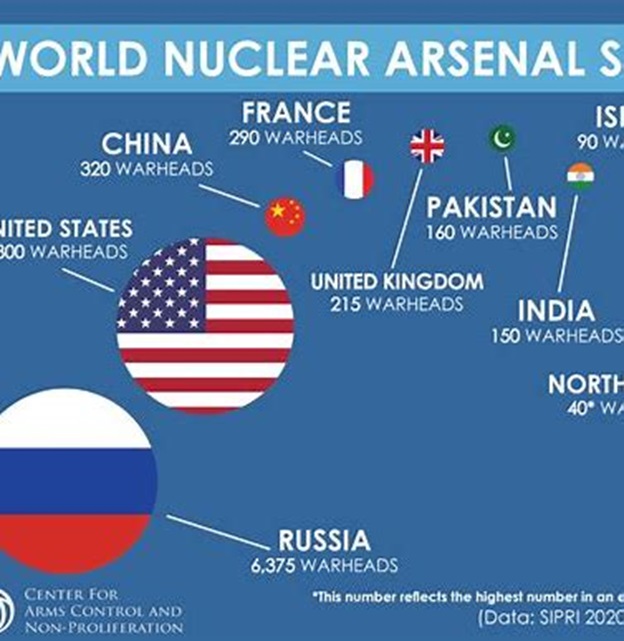
Nuclear Weapons 850 – Role of Global South Non-nuclear Nations In Nuclear Negotiation – Part 2 of 2 Parts
-
Nuclear News Roundup January 30, 2024
Iran says construction started on new nuclear reactor scmp.com
Australian Sailors to Embed on U.S. Navy Submarine Tender in Guam news.usni.org
HD Hyundai accelerates maritime nuclear development with TerraPower seatrade-maritime.com
IAEA chief Grossi says to examine contract standoff at Zaporizhzhia nuclear plant English.alarabiya.net
-
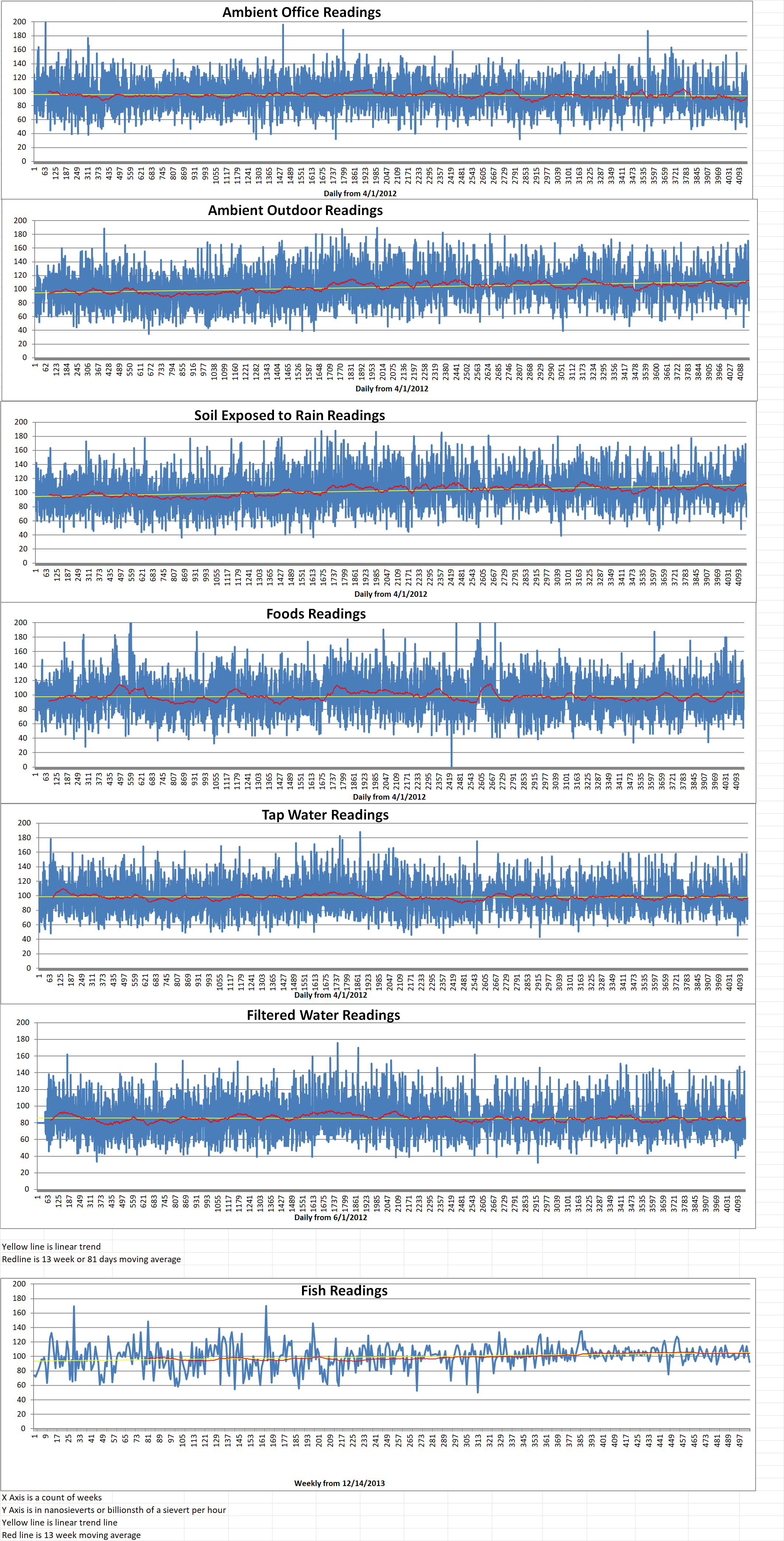
Geiger Readings for January 30, 2024
Ambient office = 108 nanosieverts per hour
Ambient outside = 93 nanosieverts per hour
Soil exposed to rain water = 95 nanosieverts per hour
Artichoke from Central Market = 98 nanosieverts per hour
Tap water = 119 nanosieverts per hour
Filter water = 110 nanosieverts per hour
-
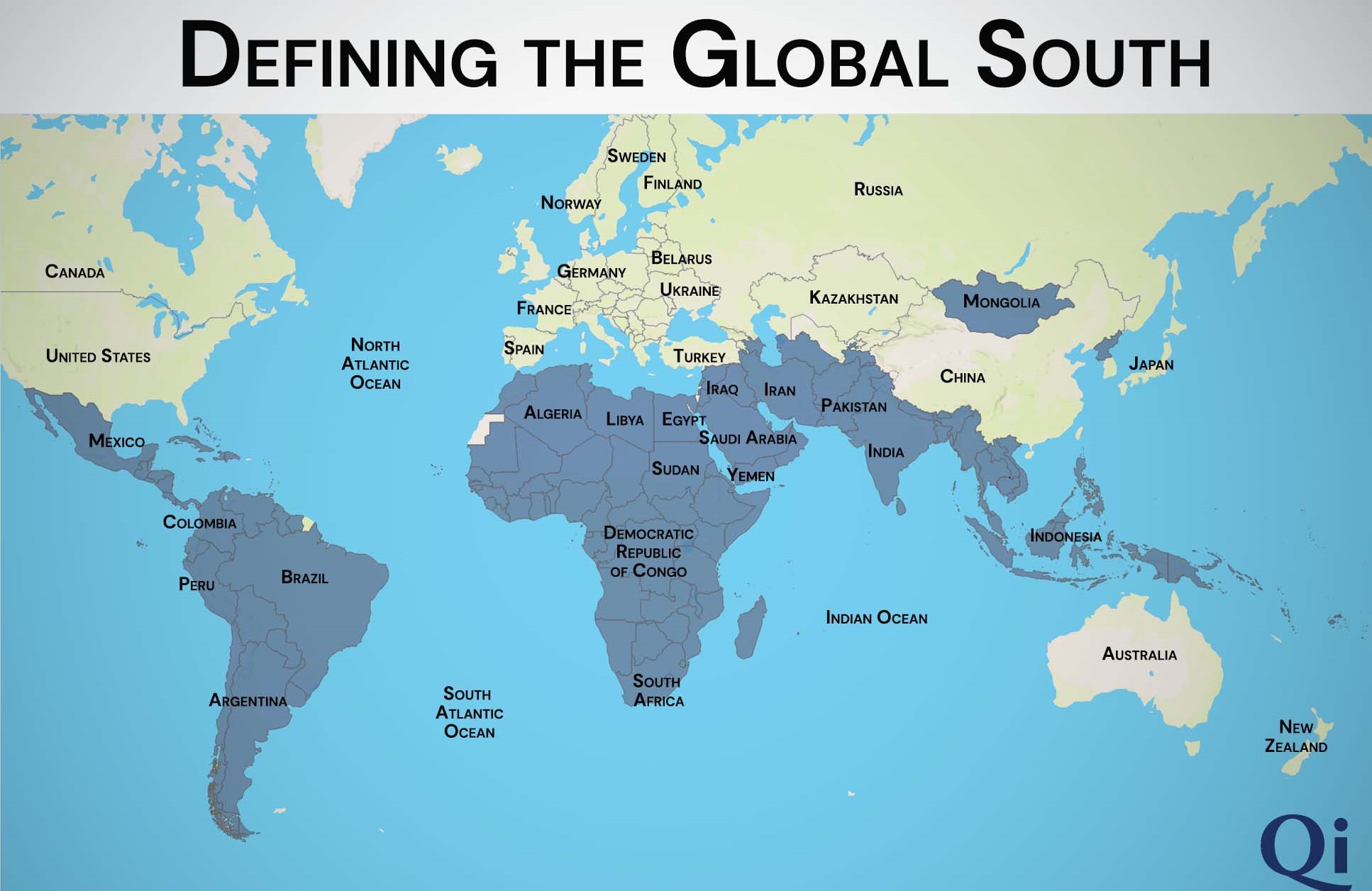
Nuclear Weapons 849 – Role of Global South Non-nuclear Nations In Nuclear Negotiation – Part 1 of 2 Parts
Part 1 of 2 Parts
There are established and expanding bodies of literature in International Relations studying the politics of legislating and power in nuclear politics. These fields are often considered to have two separate research agendas. A new literature has emerged in recent years connecting these fields by reexamining the structure and maintenance of the global nuclear order. Researchers from many disciplines utilize different methodologies to understand the negotiation, construction, and development of nuclear arms control, nonproliferation, and disarmament treaties. By combining their work, the authors offer a more complete picture of the bargaining dynamics behind the construction of these international security agreements.
Mainstream studies of international law and nuclear politics tend to suggest that powerful actors, especially the U.S., have protagonist roles in ordering global nuclear politics. Conventional accounts, however, often offer incomplete interpretations of the participation of Global South non-nuclear-weapon states (NNWS) in the global nuclear order. This is especially true of those countries that favor nonproliferation. These NNWS accounts usually focus on why these states adhere, comply, or challenge the global nuclear order, downplaying or ignoring their ordering actions and initiatives. Particular attention is given to countries with nuclear capabilities they could use to build nuclear arsenals. This post reviews negotiating strategies that Global South NNWS committed to nonproliferation have deployed during the codification of global nuclear governance.
Multilateral treaties on nuclear arms control, nonproliferation, and disarmament have been employed to promote international peace and security. Conventional accounts of the creation of these treaties focus on the critical role that the U.S. played for the nuclear nonproliferation regime to emerge, develop, adapt, and spread. The backing of the U.S. was necessary for the codification and success of these treaties. However, focusing attention only on the preferences and actions of the U.S. creates an incomplete picture of the advent of these treaties. The negotiations of the legal mechanisms that form the global nuclear order were marked by collective compromise-seeking and concession-making processes. This has been a characteristic of international law codification in response to security problems. This important feature of lawmaking has opened spaces that developing countries have used to challenge power asymmetries within treaty negotiations.
Support for nuclear arms control, nonproliferation, and disarmament law has not harmonized the interests among Global South NNWS or between these countries and nuclear weapon states (NWS). Most NNWS in the Global South have collaborated with NWS to design treaties to prevent their nuclear annihilation. These states have participated actively in codifying global nuclear governance mechanisms. They have pushed for their preferences even when those preferences do not accord with U.S. priorities.
Scholars of lawmaking have identified tools that less powerful states have used to push for their preferences in negotiations marked by power asymmetries. Global South NNWS that support nonproliferation have used available tools to reform and adapt the global nuclear order to reflect their preferences. Their actions demonstrate that not all dissatisfaction with the global nuclear order means revisionism, and not all acquiescence means irrelevance.
Global South NNWS that support nonproliferation have attempted to improve their bargaining abilities through a variety of strategies. To increase their influence during lawmaking processes, these states tend to rely on cooperative bargaining among themselves. This is what traditional negotiation analysis refers to as an integrative process. They coordinate positions and balance their negotiation agendas to interact with more powerful actors in competitive bargaining. This is known as a distributive process.
This section presents some strategies that these states have used to promote their interests and preferences when negotiating multilateral treaties for nuclear governance. These strategies incorporate three overarching themes. The Global South NNWS tries to influence the framework where negotiations happen, the issues within the agenda, and alternative agendas.
Please read Part 2 next -
Nuclear News Roundup January 29, 2024
Nuvia to carry out Ringhals decommissioning work world-wide-nuclear.org
UK decommissioning research partnership begins to bear fruit world-nuclear-news.org
Kozloduy Puts Forward Financing Options For First AP1000 Nuclear Plant nucnet.org
NDA group event for industry and next generation of nuclear experts gov.uk
-
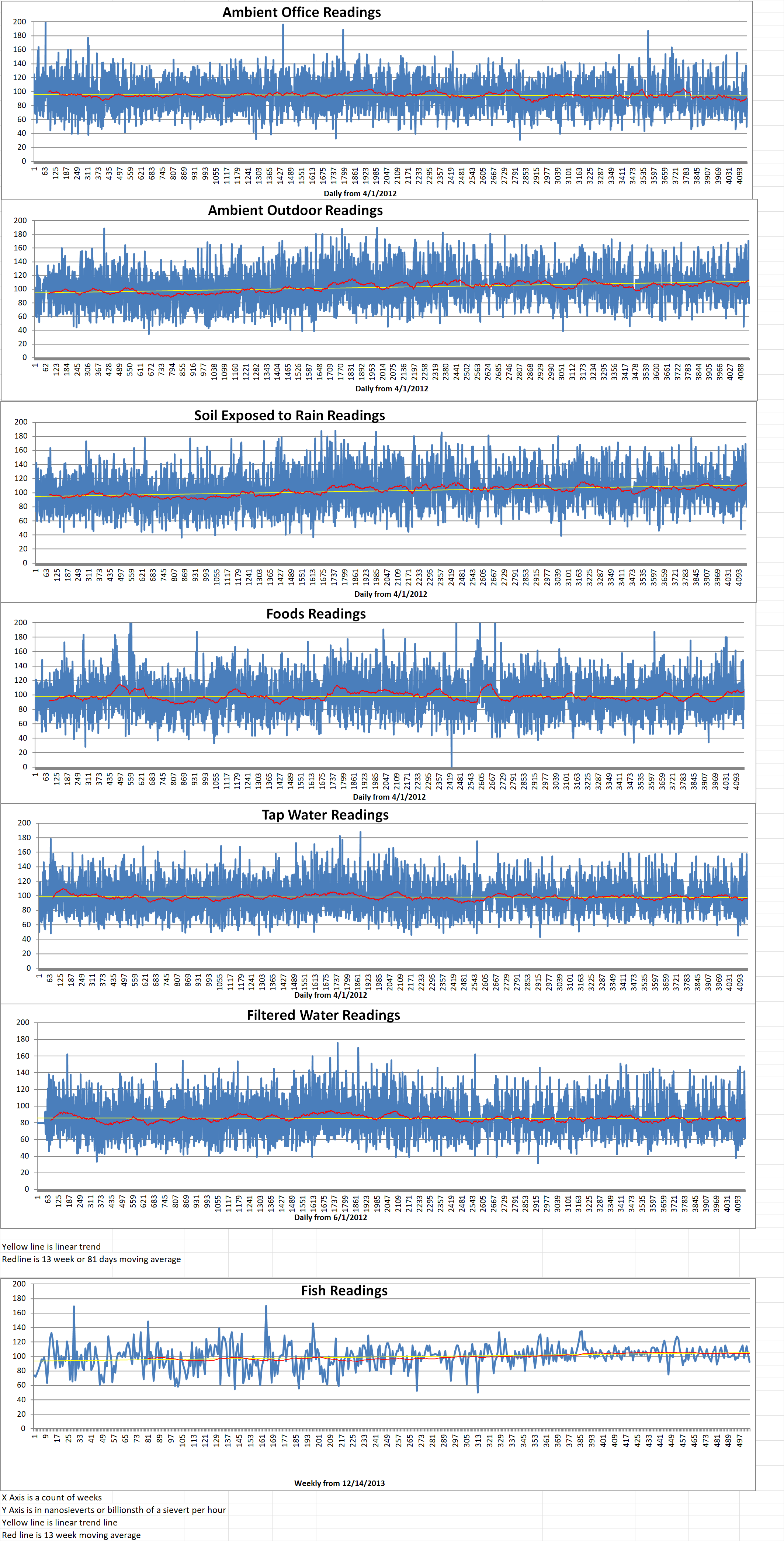
Geiger Readings for January 29, 2024
Ambient office = 88 nanosieverts per hour
Ambient outside = 165 nanosieverts per hour
Soil exposed to rain water = 162 nanosieverts per hour
Tomato from Central Market = 87 nanosieverts per hour
Tap water = 63 nanosieverts per hour
Filter water = 54 nanosieverts per hour
-
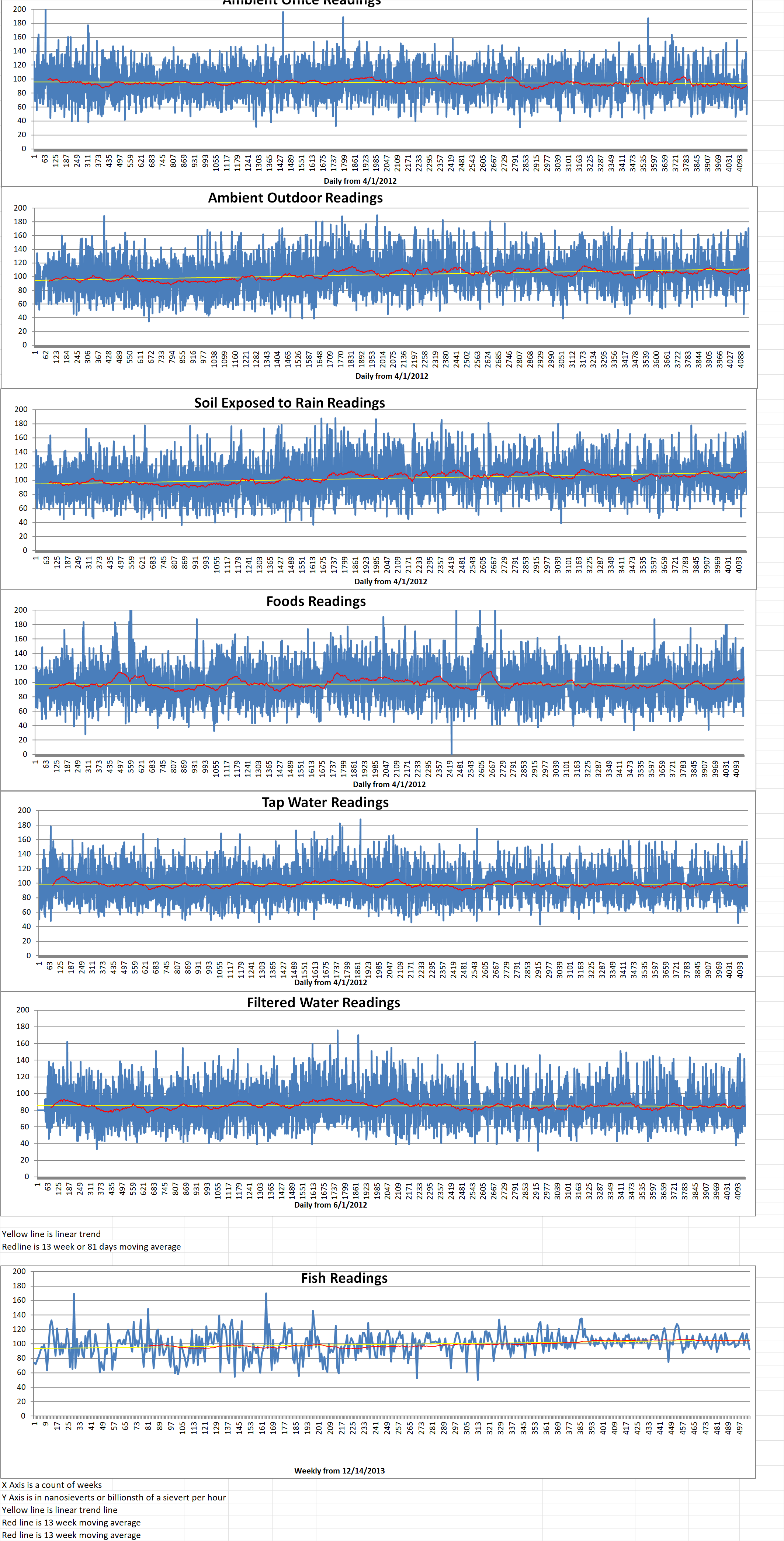
Geiger Readings for January 28, 2024
Ambient office = 83 nanosieverts per hour
Ambient outside = 79 nanosieverts per hour
Soil exposed to rain water = 82 nanosieverts per hour
Tomato from Central Market = 93 nanosieverts per hour
Tap water = 127 nanosieverts per hour
Filter water = 114 nanosieverts per hour
-
Nuclear News Roundup January 27, 2024
Czech Government goes with EDF and KHNP for expanded nuclear tenders power-technology.com
Russia Has No Plans to Deploy Nuclear Arms Beyond Belarus, Says Deputy Minister usnews.com
Construction Begins Of 5,000-MW Iran-Hormoz Nuclear Power Plant nucet.org
Residents ask for a full examination of damage to a Japanese nuclear plant caused by a recent quake keyt.com
-
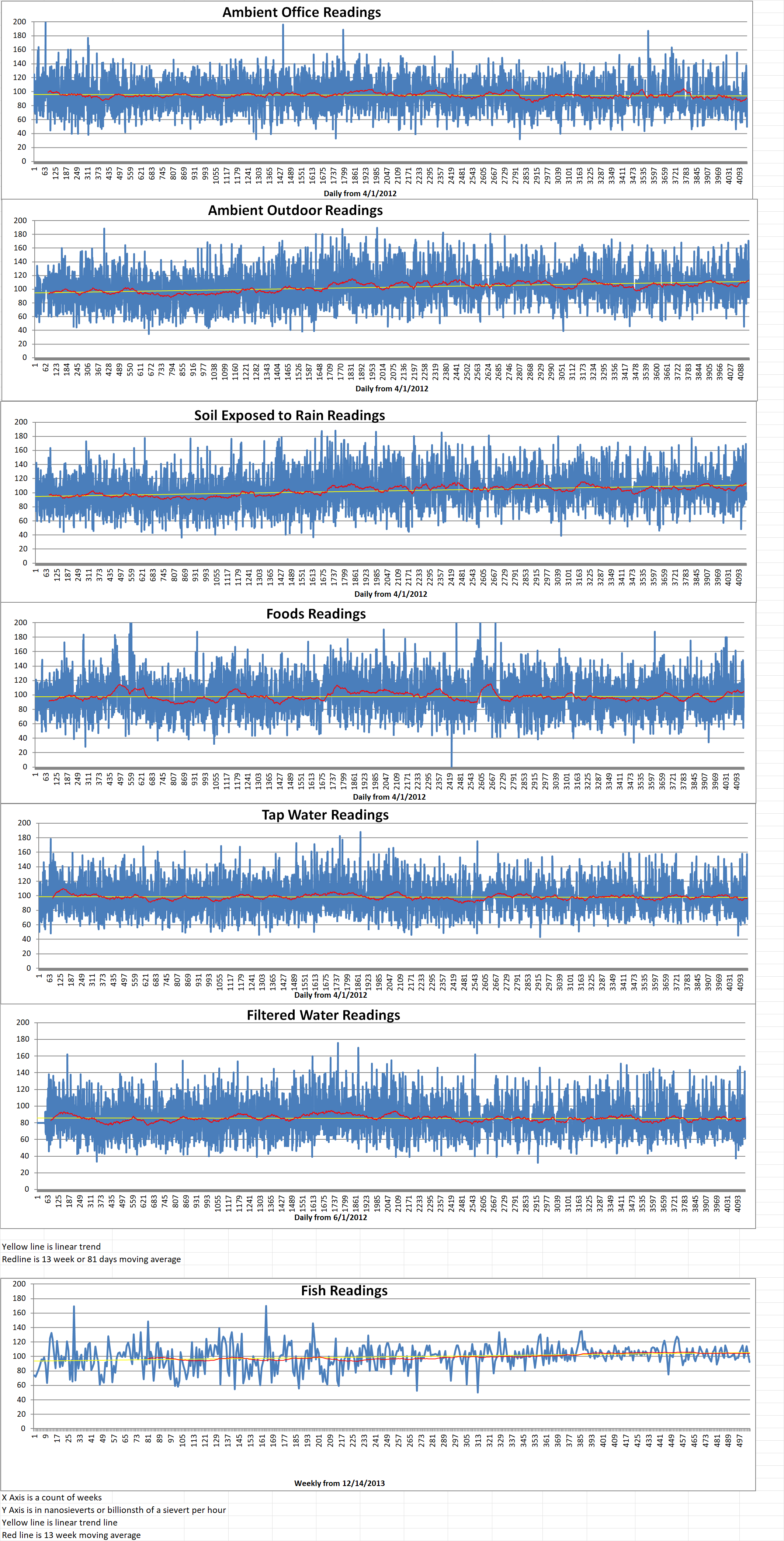
Geiger Readings for January 27, 2024
Ambient office = 79 nanosieverts per hour
Ambient outside = 114 nanosieverts per hour
Soil exposed to rain water = 126 nanosieverts per hour
Red bell pepper from Central Market = 105 nanosieverts per hour
Tap water = 73 nanosieverts per hour
Filter water = 56 nanosieverts per hour
Dover Sole from Central = 92 nanosieverts per hour
